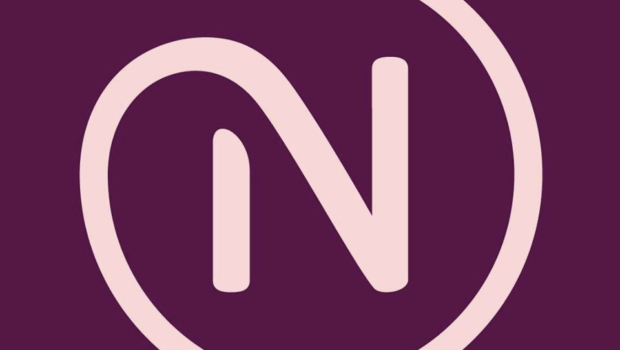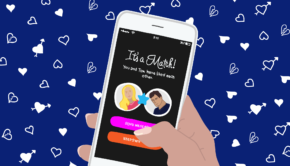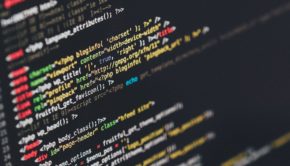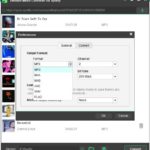Will a Fertility App Help You Get Pregnant?
Thanks to our smartphones, we have the ability to manage most aspects of our life at the touch of a button. Health apps in particular have grown exponentially, with the market size quadrupling between 2015-2020.
One type of app which has gained a lot of traction in recent years is period and fertility tracking, designed to help women conceive. By tracking their periods, women will better understand the best time in their cycle to try for a baby.
Fertility tracking apps can be used by any women looking to get pregnant or even avoid pregnancy. In particular, they’re aimed at helping women who have struggled to conceive or who are looking to have children at a later age. With traditional family roles changing, many women are choosing to focus on their careers before starting a family. For example, in 2019, the average age of first-time mothers was 30-34, whereas in 1970, it was 21 years old.
We know that fertility gradually declines with age thanks to a number of clinical studies. Though not the case for all women, sometimes the decline can begin as early as their early 30s. One study shows a 30-year-old woman has a 20% chance of becoming pregnant every month.
For years, couples have been using tried-and-tested methods of increasing their chance of conception including:
- Ensuring they maintain a healthy body weight
- Quitting smoking and not excessively drinking
- The male partner taking Coenzyme Q10 Fertility to improve sperm production
In theory, these apps will increase a woman’s chance of getting pregnant by determining at which point in their cycle they’re most fertile. Here, we round up the best fertility and period tracking apps for women looking to conceive.
Natural Cycles
Downloads: 1.5 million
Rating: 4.7 stars (iOS) 4.6 stars (Android)
The first birth-control app to ever be approved by the FDA, Natural Cycles was designed by a couple looking to naturally prevent pregnancy. Now, it is used by thousands as a means of pregnancy planning — with two options, ‘prevent’, and ‘plan’. Were you aware that your temperature is linked to your menstrual cycle? By analysing your basal body temperature on a morning over a period of time, this app gives a clear and simple indication of your fertility with algorithms.
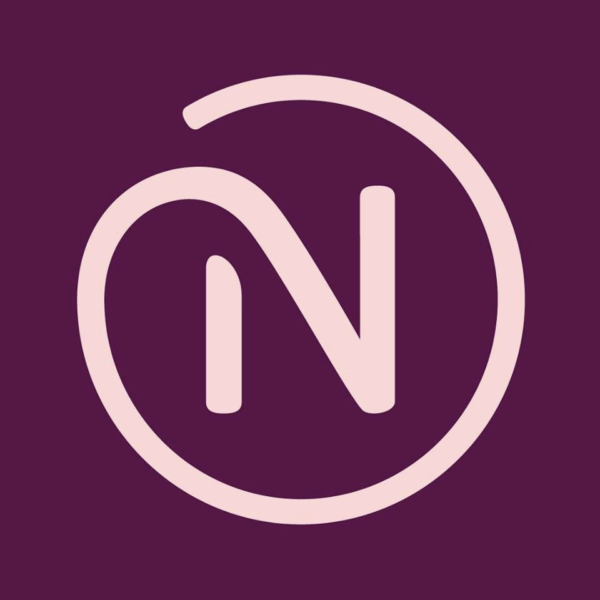
Flo
Downloads: 145 million
Rating: 4.7 stars (iOS) 4.8 stars (Android)
Flo is a well-established fertility app which uses artificial intelligence (AI) technology to predict a woman’s cycle. With the ability to log over 70 symptoms, you can also enjoy a plethora of expert articles that are adapted to become informed on your lifestyle. You can even discuss intimate topics with other users to create a network of support among women across the world.
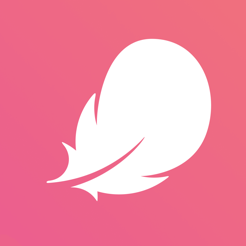
Ovia Fertility
Downloads: Unknown
App store rating: 4.7 (iOS) 4.6 (Android)
Ovia Fertility combines your information with research on fertility to not only predict when you’re at your most fertile, but also give you a fertility score. By tracking your basal body temperature, cervical fluid, cervical position, medications and other personal data such as diet and exercise, you’ll get real-time health alerts based on your symptoms and cycle insights. You also get access to free expert articles on the topic of fertility and reproductive health, as well as access to a community to ask anonymous questions.
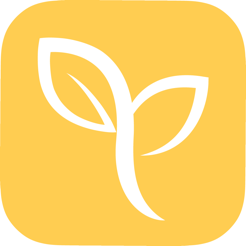
Clue
Downloads: 8 million
Rating: 4.7 stars (iOS) 4.8 stars (Android)
We know our periods affect more than just our fertility – that’s why Clue also provides data on the extra effects your period will have. With help from science and logging your data, Clue helps you to get an in-depth understanding of your body and personal patterns, tracking factors such as period pains, skin, hair, and sleep. There’s an ovulation calculator and predictions on how fertile you are.
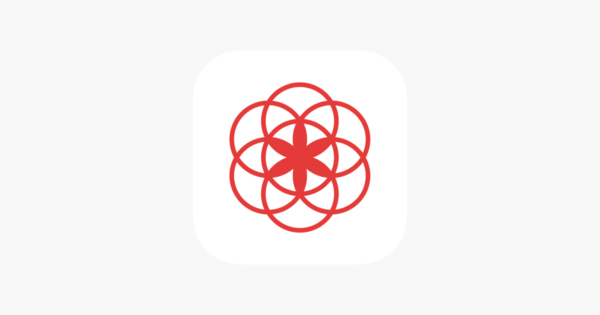
How accurate are fertility and period tracking apps?
There is conflicting evidence on whether fertility and period tracking apps really work. Flo cites a 54.2% increase in accurate fertility tracking when using its app. Clue hasn’t released accuracy statistics but has been rated as the top fertility app in the Obstetrics & Gynecology academic journal.
Some users reported getting pregnant while using Natural Cycles as a method of contraception, which made headlines across the world. The app does, however, cite a 93-98% accuracy rate on its website. Ovia Fertility also doesn’t provide statistics on its efficacy.
Most studies haven’t been able to prove the efficacy of these apps, but one Journal of Women’s Health study concluded that they could be effective in as little as two months. The science is still undecided, but it’s definitely an option for couples who want to have a baby to consider.
Sources:
- https://www.statista.com/statistics/641336/uk-estimated-market-growth-of-wellness-and-fitness-apps-and-wearable-devices/
- https://www.cdc.gov/nchs/data/databriefs/db21.pdf
- https://mashable.com/article/period-tracking-apps-fertility-pregnancy/?europe=true
- https://www.ncbi.nlm.nih.gov/pmc/articles/PMC6983750/
- https://www.nhs.uk/common-health-questions/pregnancy/how-can-i-increase-my-chances-of-getting-pregnant/
- https://www.nhs.uk/news/pregnancy-and-child/would-you-trust-a-smartphone-app-as-a-contraceptive/
- https://www.cedars-sinai.org/blog/fertility-and-ovulation-apps.html
- https://www.theguardian.com/technology/2018/jan/17/birth-control-app-natural-cycle-pregnancies

